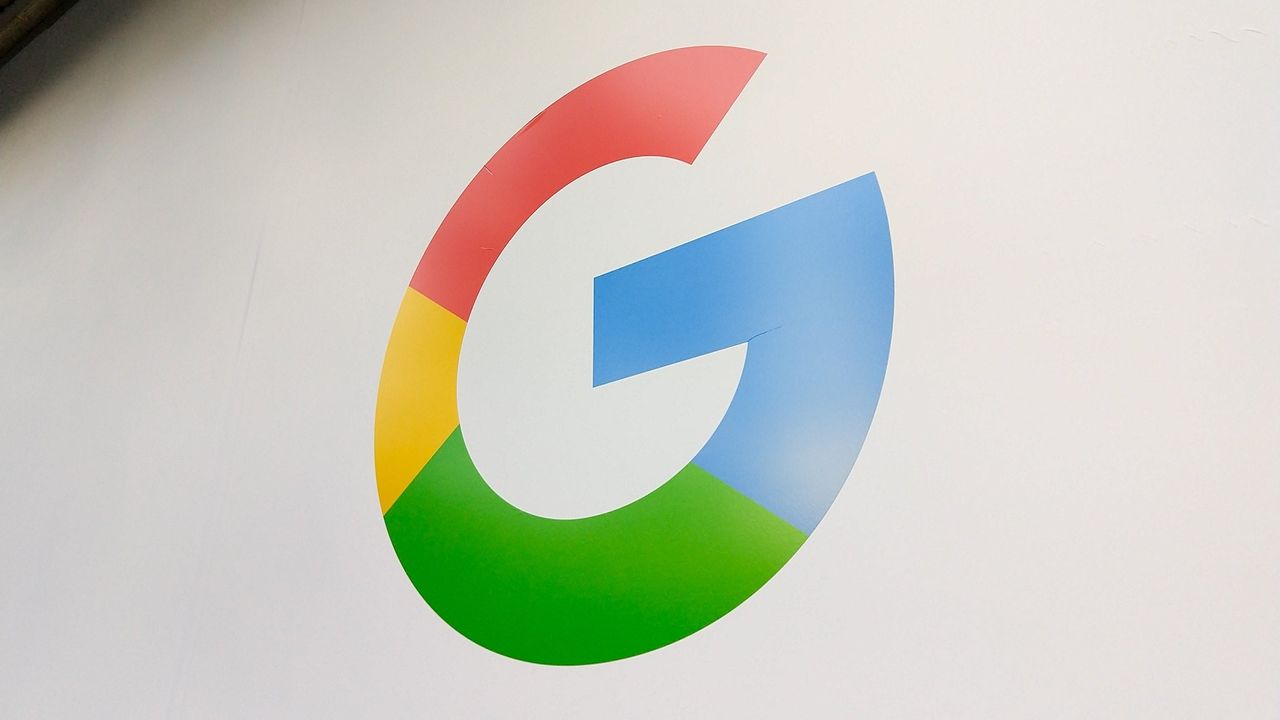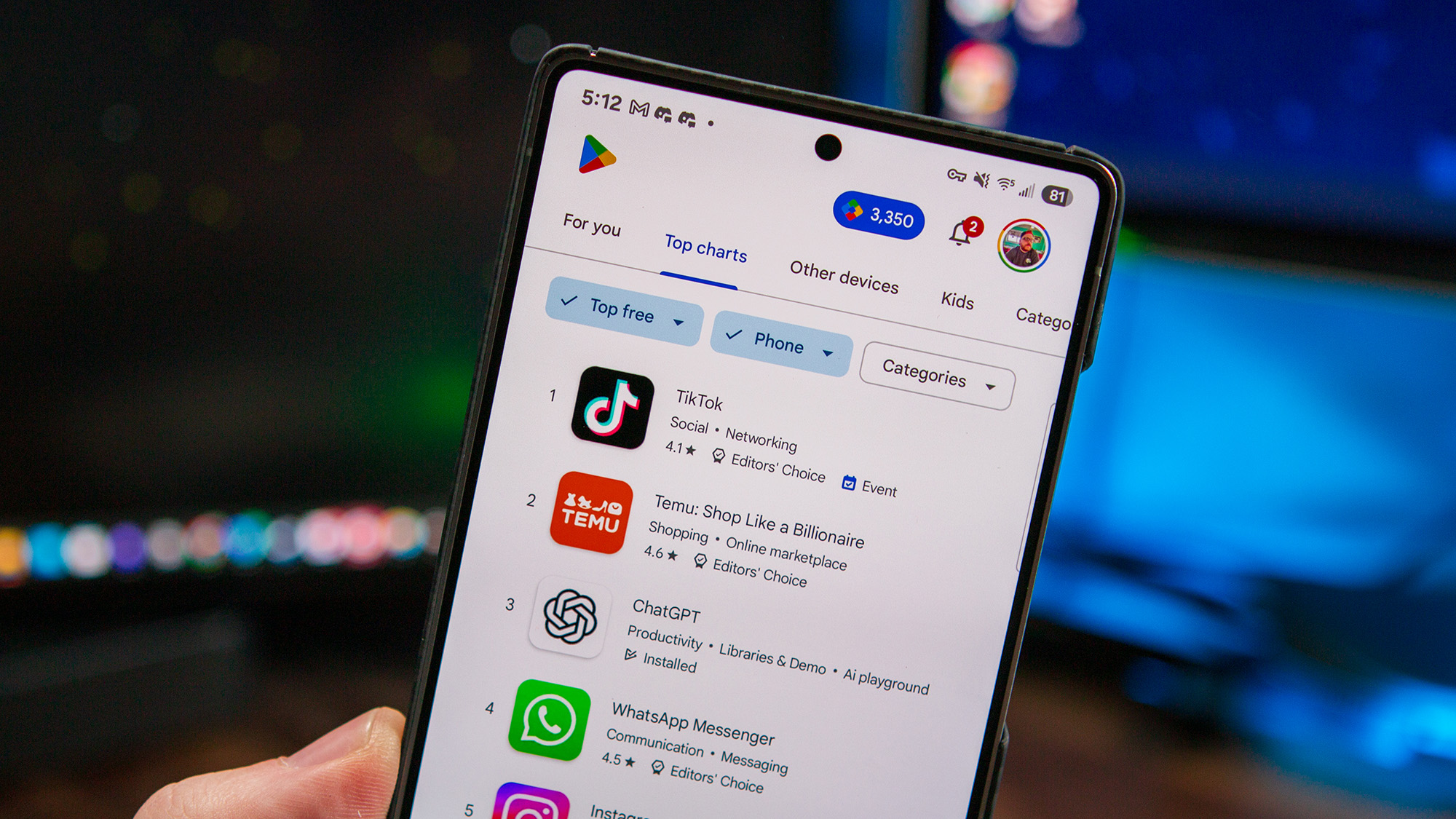
Enjoy our content? Make sure to set Android Central as a preferred source in Google Search, and find out why you should so that you can stay up-to-date on the latest news, reviews, features, and more.
What you need to know
- A report states the U.S. Supreme Court has doubled down on its previous ruling, declining Google's plea for a pause in certain aspects.
- The U.S. Supreme Court states Google must make the previously proposed "changes" to the Play Store delivered back in 2024.
- Google was previously ordered cease its anti-competitive Play Store practices, which has been the main catalyst behind Epic Games' lawsuit.
The U.S. Supreme Court is reportedly standing its ground on its order regarding Google and its Play Store.
The court's continued order was reported by CNBC, which states it has "turned down" Google's request for certain parts of a previous ruling to be paused. The order that Google was seeking to gain some leeway with concerned the proposed "changes" U.S. District Judge James Donato delivered in 2024. This is all wrapped up in the Epic v Google case, where the latter was accused of enacting anti-competitive practices via the Play Store.
As a result, Donato ruled that Google would have to make changes to get away from those anti-competitive practices, so third-party developers could place their apps on the Play Store more comfortably.
According to the publication, Google's attempt this year was because the company called Donato's previous ruling "unprecedented," as it could spur "security risks" and put it at a disadvantage." CNBC reiterates that Google has been ordered to allow the possibility for third-party developers to place their products on the Play Store for users to download. Additionally, Google was ordered to make its "Play app catalog available to competitors."
Google is likely chasing a freeze on these issues now because, as CNBC states, this checklist isn't supposed to go into effect until July 2026.
A long and storied case

We've been down this Epic v Google path for a few years now, and in August, it was ruled by the Ninth Circuit that Epic Games should be allowed on the Play Store. A jury had found Google guilty of illegally monopolizing "Android app distribution" and "in-app billing." Not only was Epic allowed to bring its Game Store to the Play Store, but the Ninth Circuit further ruled that Google should open its platform up to third-party developers.
Moreover, Google was "banned" from requiring consumers to go through its Play Billing services. Another notable issue brought up throughout this lawsuit.
While the Ninth Circuit did side with Epic earlier this year, it was reported that Google could seek the "Full" Ninth Circuit to chase a different, likely more favorable, ruling. We've now seen its quest with the U.S. Supreme Court come up empty, so it remains to be seen what else comes of this lawsuit. There are still some things about Judge James Donato's previous ruling that might not happen, but more information is likely to come.







